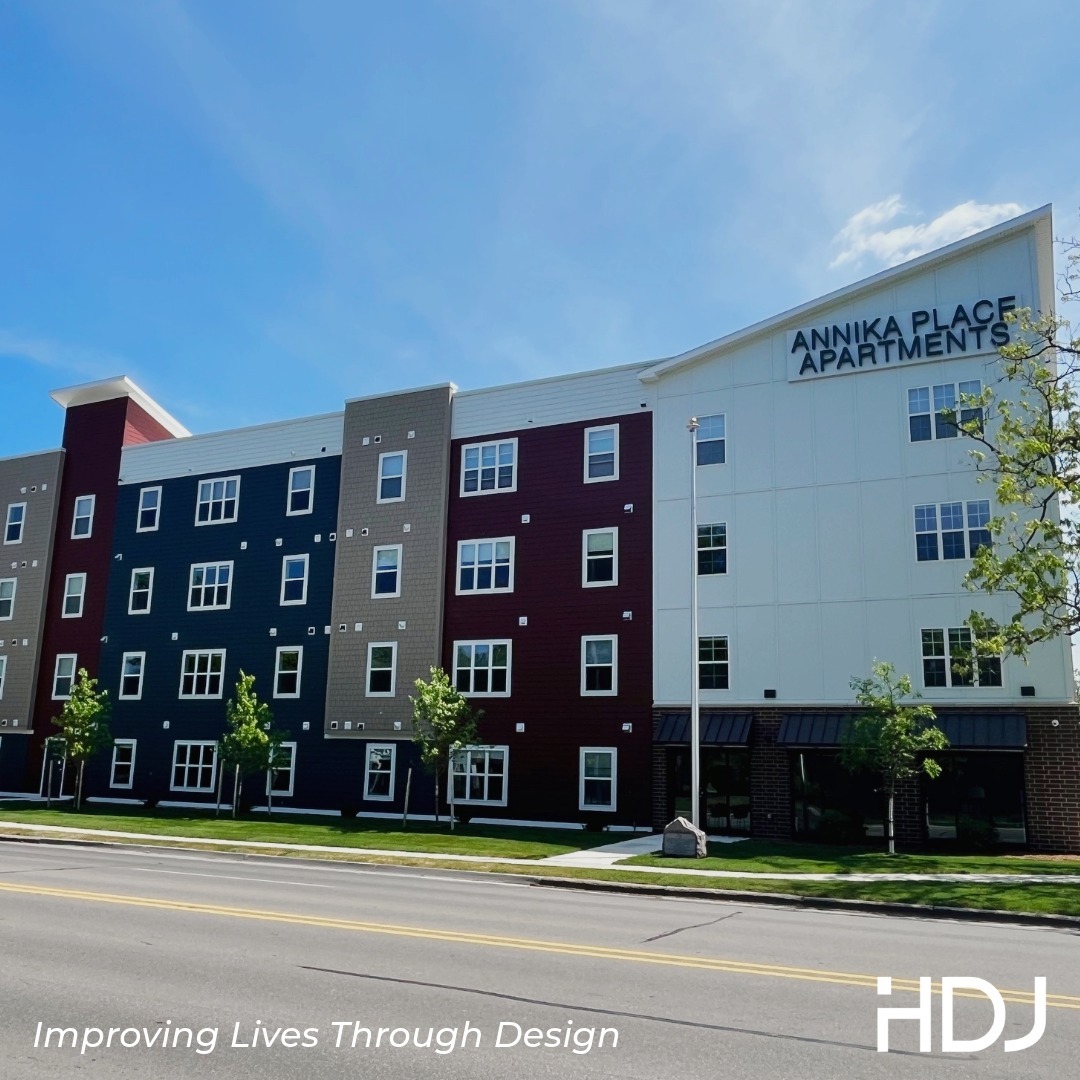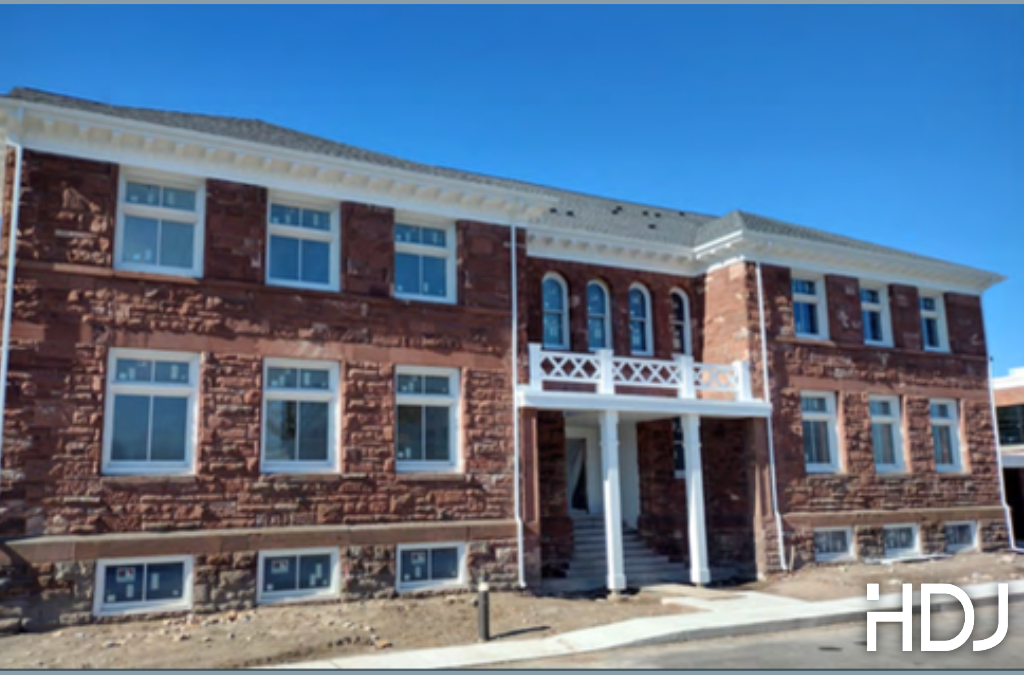Developers will be interested to learn that the state of South Carolina’s Workforce and Senior Affordable Housing Act (H.B. 3998) was signed into law by Gov. Henry McMaster. The bill, which creates a South Carolina state low-income housing tax credit, is modeled after the federal low-income housing tax credit (LIHTC).
The state tax credit, allocated by the South Carolina State Housing Finance and Development Authority (SC Housing), can be paired with 4% or 9% LIHTCs. The state tax credit, however, can only be utilized by developments that demonstrate how it will “benefit the tenants of the project, once placed in service, including, but not limited to, reduced rent, or why the state credit authorized by this section is necessary to undertake the project.” Further guidance from SC Housing is forthcoming.
As developing affordable housing becomes costlier and more necessary, a state housing tax credit is a useful tool in ensuring the financial feasibility of a project and the development of more affordable rental units. At least 18 other states have enacted a state housing tax credit. In Colorado for example, in its first three years, a state housing tax credit directly supported the development of 4,796 units that would not have been built otherwise. In Georgia, in its first three years, a state housing tax credit enabled the construction of 25,007 affordable units; this resulted in a total economic impact of $4.47 billion and the creation of 12,000 jobs. In addition to spurring more affordable rental units, a state housing tax credit has a positive economic impact.
HDJ, Inc. is a leading national design firm providing architectural and engineering expertise to support the affordable housing industry throughout the United States. HDJ’s diverse portfolio includes successful outcomes with adaptive reuse renovation, acquisition rehab, new construction, historic preservation and RAD. Contact HDJ to learn more about how we can support your affordable housing needs.
Author: Josh Hahn




